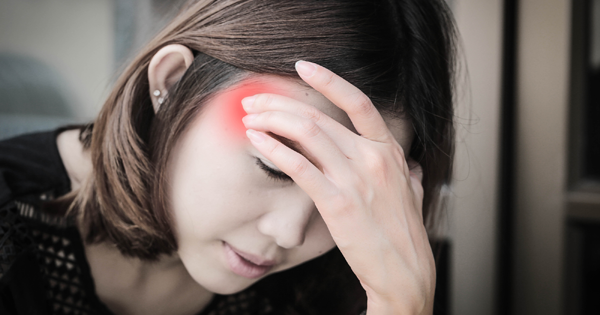A new study has found that exposing individuals with debilitating migraines to a certain color of light can help significantly reduce their sensitive pain.
According to HealthDay News, researchers in Boston exposed 69 migraine patients to different types of light to see how color affects the symptoms of the life-altering condition.
Through their research, they learned that while blue light made migraines significantly worse, low-intensity green light actually helped ease the patients’ pain.
According to the recently released study, in some cases, participants reported that green light reduced their migraine symptoms by as much as 20 percent.
Migraine headaches affect about 15 percent of people around the world, and photophobia, or sensitivity to light, is one of the most frequent symptoms.
“Although photophobia is not usually as incapacitating as headache pain itself, the inability to endure light can be disabling,” study author Rami Burstein, of Beth Israel Deaconess Medical Center in Boston, said in a medical center news release.
“More than 80 percent of migraine attacks are associated with and exacerbated by light sensitivity, leading many migraine sufferers to seek the comfort of darkness and isolate themselves from work, family and everyday activities,” he added.
As Health.com reports, a few experts have already agreed that this light therapy may actually be a good idea for migraine sufferers.
“Certainly Dr. Burstein’s work suggests that more research should be done, as this is a potentially beneficial new avenue for treatment,” said Dr. Noah Rosen, who directs Northwell Health’s Headache Center in Great Neck, N.Y. “Light therapy has been used successfully in other conditions such as certain dermatologic issues and seasonal affective disorder [SAD].”





